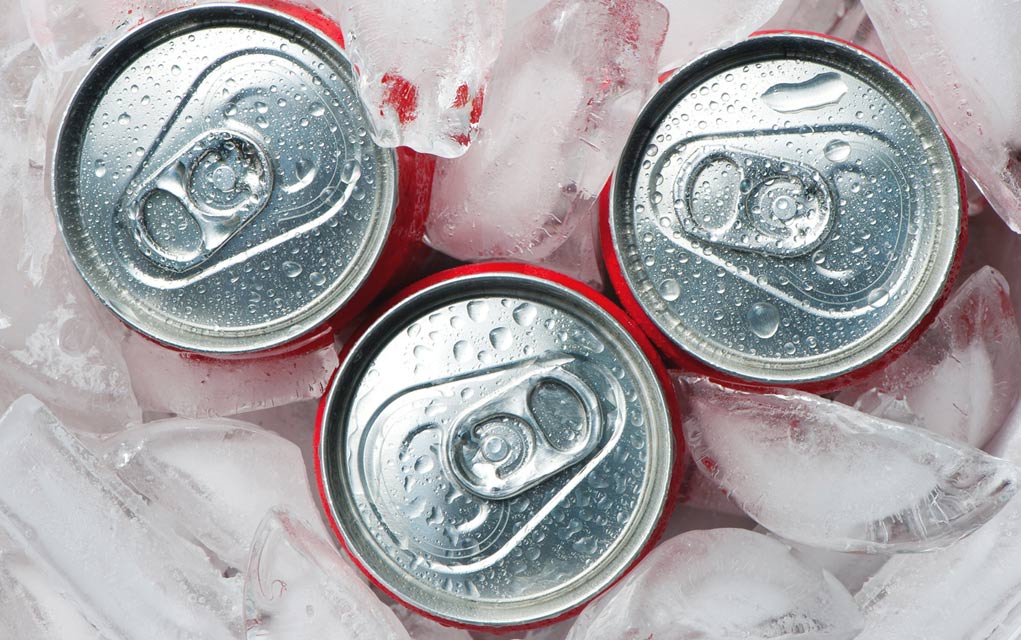60
According to the authorities, sodium benzoate is not dangerous within the limit values. Nevertheless, there are studies that link it to health risks
Sodium benzoate: Harmful or not?
Sodium benzoate is a common preservative used in many foods, beverages and even some medical products. It usually appears on the packaging as “E211”. However, many consumers are concerned about whether sodium benzoate is harmful.
- To answer this question, it is important to look at the facts. Sodium benzoate is often used to prevent the growth of bacteria, yeasts and molds in food. It works by lowering the pH, which creates undesirable conditions for many microorganisms.
- This allows food to be preserved for longer, which in turn helps to reduce food waste and make food safer to eat.
- Sodium benzoate is considered safe in the amounts permitted by the food industry. The European Food Safety Authority (EFSA) and the US Food and Drug Administration (FDA) have established strict guidelines for the use of sodium benzoate to ensure that it does not pose any health risks.
- According to the authorities, the consumption of sodium benzoate is therefore safe as long as you consume less than the recommended amount of benzoates per day. The daily limit for consumption of the preservative is a maximum of 5 mg per kilogram of body weight.
Studies with concerns regarding the preservative sodium benzoate
Although small amounts of sodium benzoate are officially considered safe, there are still some studies that link the preservative to health risks.
- There are some concerns about the potential formation of benzene, a carcinogen, when sodium benzoate interacts with certain conditions such as high temperatures and acidic conditions in beverages. For example, an FDA study found that 10 out of 200 fruit drinks and sodas tested were found to contain benzene above the limit.
- Other research suggests that there is a possible link between attention deficit hyperactivity disorder (ADHD) and increased consumption of sodium benzoate in beverages.
- A study conducted among college students found a potential association between ADHD and the consumption of beverages containing sodium benzoate. Similar research has also indicated that the additive may be linked to ADHD in children.
- In addition, a small percentage of the population may experience allergic symptoms such as itching and swelling after consuming foods or using personal care products containing sodium benzoate. This has been found and documented in various studies.
- Test tube studies indicate that an increased concentration of sodium benzoate is associated with an increased formation of free radicals. These free radicals can cause cell damage and increase the risk of developing chronic diseases.
- However, it is important to note that further research is needed to confirm these possible relationships and to better understand the underlying mechanisms.
